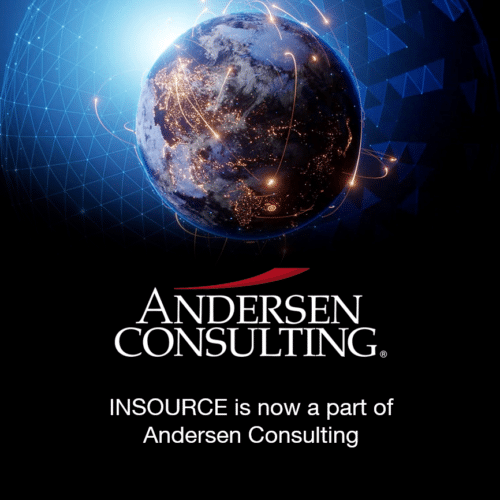
TURNING BRAIN DRAIN INTO AN OPPORTUNITY
The competition for highly skilled individuals is fierce, and many companies struggle to attract and keep talent. Employees, on average, remain in their positions for shorter periods than ever before. Meanwhile, an increasing amount of people opt for the freedom of short assignments, joining the rising gig economy. According to an article in the Independent from May 21st, 2018, nearly half of the millennial workforce plan to leave their current job within two years, and only one third stays longer than five years. Unsurprisingly, companies are spending an increasing amount of energy and resources on recruitment.
“Nearly half of the millennial workforce plan to leave their current job within two years and only one third stays longer than five years.”
What happens when a person leaves their employer? It presents several challenges. The longer an employee has been in a position, the more the individual has shaped the role after their skills and preferences. These situations make it extra difficult to fill the gap of lost knowledge and know-how. But the loss of a coworker does not only affect the company in a functional manner, part of the loss concerns human relationships. Losing a colleague changes the dynamics of the workforce. Co-workers may experience a sense of loss as well as decreased enthusiasm for the work, not to mention the energy involved with recruiting and onboarding a new team member.
“When an employee leaves their job position, it does not only involve challenges and costs, it presents opportunities.”
When an employee leaves their job position, it does not only involve challenges and costs, it presents opportunities. Firstly, it gives an opportunity to reevaluate the needs of the position in question. In times of change, the company may benefit from applying a new perspective to reassess former truths, to better understand the future needs of the position. What is the mission of the department? The purpose of the job? Are there aspects of the role that could or should be handled by other parts of the organization? There is no such thing as business as usual in our day and age.
“As cold as it may sound, in relation to losing valued employees, companies that embrace possibilities created by unplanned change stand a better chance to succeed in today’s fast-paced marketplace.”
Secondly, it opens up a window to review the organization’s needs in general. As cold as it may sound in relation to losing valued employees, companies that embrace possibilities created by unplanned change, stand a better chance to succeed in today’s fast-paced marketplace. Since change is not optional, companies need to welcome change and find ways to turn it to a business advantage. Another advantage is to build an organization that is proactive concerning staff turnover, which can be the difference between staying ahead or falling behind. However, it is imperative that the openness to change does not become a lack of appreciation of coworkers or their value.
“Interim Professionals can help to evaluate and develop more efficient financial functions, as well as analyze future commitments needed.”
When the existing competences in an organization do not match the ones needed, the gap inevitably means that the business runs the risk of falling behind. This, in turn, translates to the increased need of Interim Professionals that match the constantly evolving requirements of, amongst others, financial and operational services. Interim Professionals can help to evaluate and develop more efficient financial functions, as well as analyze future commitments needed.
“When used to its full potential, an interim consultant should provide an unbiased evaluation of the business situation, where functional and dysfunctional areas of the financial and operational processes can be identified and addressed.”
The freedom to evaluate and calibrate the need for a specific position, before committing to a full-time employee, is a great advantage for any company. It not only reduces future unnecessary costs incurred by flawed job descriptions; it has the potential of significantly increasing the efficiency of future operations. By using an Interim Professional, a company also gains quick access to talent, which in many ways has become more important than “owning” talent. When used to its full potential, an interim consultant should provide an unbiased evaluation of the business situation, where functional and dysfunctional areas of the financial and operational processes can be identified and addressed.
“Working with interim consultants can serve as a counterweight, rather than a hindrance, against obsolescence as it can keep the workforce up to date with the skills they need.”
Another advantage is the opportunity for constant learning and skill-development of the workforce. By introducing a person with a specific skill set to a team during a limited amount of time, the team has the possibility to learn by doing working side by side with the consultant, rather than taking a course. Working with interim consultants can serve as a counterweight, rather than a hindrance, against obsolescence as it can keep the workforce up to date with the skills they need.
In summary, losing employees is hard. It requires insightful, deliberate and considerate action, but it also presents opportunities. Opportunities to evaluate the current and future needs of a company and specific positions. Opportunities to build an agile organization that embraces change as part of its business and uses it to its advantage. Opportunities to consult individuals with specific skill sets, not needed on a permanent basis. Would you like to know more about how our Interim Consultants can contribute to your company? Contact us!











